Why Choose Costa Rica for Drug Rehab?
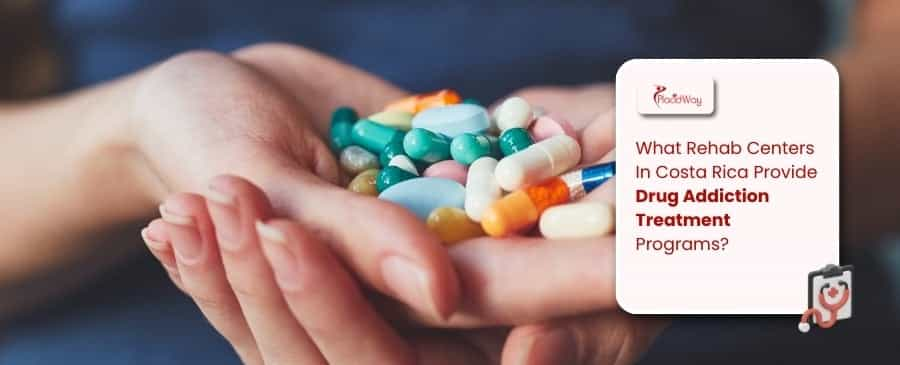
Costa Rica has emerged as a prominent destination for drug addiction treatment programs, combining world-class therapeutic approaches with the calming influence of its lush, natural landscapes.
If you're wondering which centers stand out, know that there are various options ranging from luxury retreats to more modestly priced, yet equally effective, programs designed to meet diverse needs and preferences for addiction treatment programs.
What types of drug addiction treatment programs are available in Costa Rica?
Rehab centers in Costa Rica are known for their diverse and comprehensive approach to drug addiction treatment programs, catering to a wide spectrum of needs. The primary type of program available is inpatient residential treatment, where individuals live at the facility for an extended period, typically 30, 60, or 90 days, receiving intensive, structured care.
These include traditional evidence-based practices such as Cognitive Behavioral Therapy (CBT), Dialectical Behavior Therapy (DBT), and individual and group counseling. However, a significant appeal of Costa Rica rehab is the emphasis on holistic therapies, which aim to heal the mind, body, and spirit.
How much do drug rehab programs in Costa Rica cost?
Generally, you can expect monthly costs to fall within a range of $5,000 to $30,000 or even higher for ultra-luxury options. This broad range reflects the differences in the type of facility, the intensity of the treatment, and the level of amenities provided. Several factors influence the overall price of Costa Rica rehab programs.
Additionally, specialized services such as individualized one-on-one therapy, specific medical interventions, or comprehensive dual diagnosis treatment can also impact the price. It's always advisable to contact specific rehab centers in Costa Rica directly to inquire about their pricing structures, what's included, and any payment plans or insurance acceptance policies they might have.
How do I choose the right drug rehab center in Costa Rica?
Choosing the right drug rehab center in Costa Rica is a deeply personal decision that can significantly impact the success of one's recovery journey.
With various options available, it's essential to conduct thorough research and consider several key factors to ensure the facility aligns with individual needs for drug addiction treatment programs. The process involves looking beyond just the beautiful location and focusing on the substance of the care provided.
What is the typical duration of a drug addiction treatment program in Costa Rica?
The length of time an individual spends in a drug addiction treatment program in Costa Rica is a critical factor influencing the effectiveness of their recovery. While there isn't a one-size-fits-all answer, most inpatient residential programs offered by rehab centers in Costa Rica typically range from 30 to 90 days.
By prioritizing these qualifications, you can ensure that the rehab center in Costa Rica you choose provides a safe, professional, and effective environment for recovery from drug addiction. We understand that navigating the world of addiction treatment can be complex.
If you're looking for solutions related to medical tourism, healthcare services, or other relevant offerings, explore how PlacidWay can connect you with trusted facilities and personalized care options worldwide.


.png)
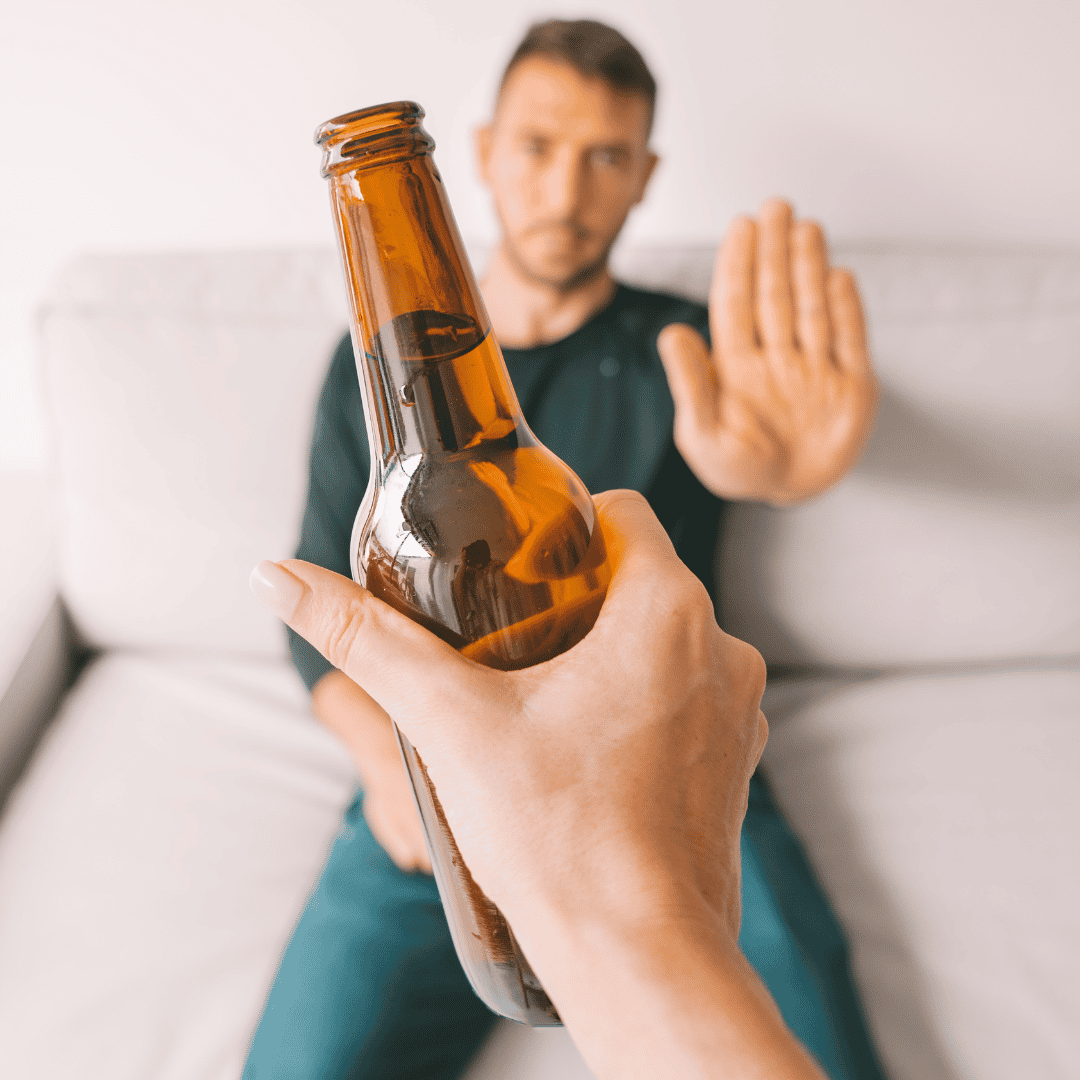


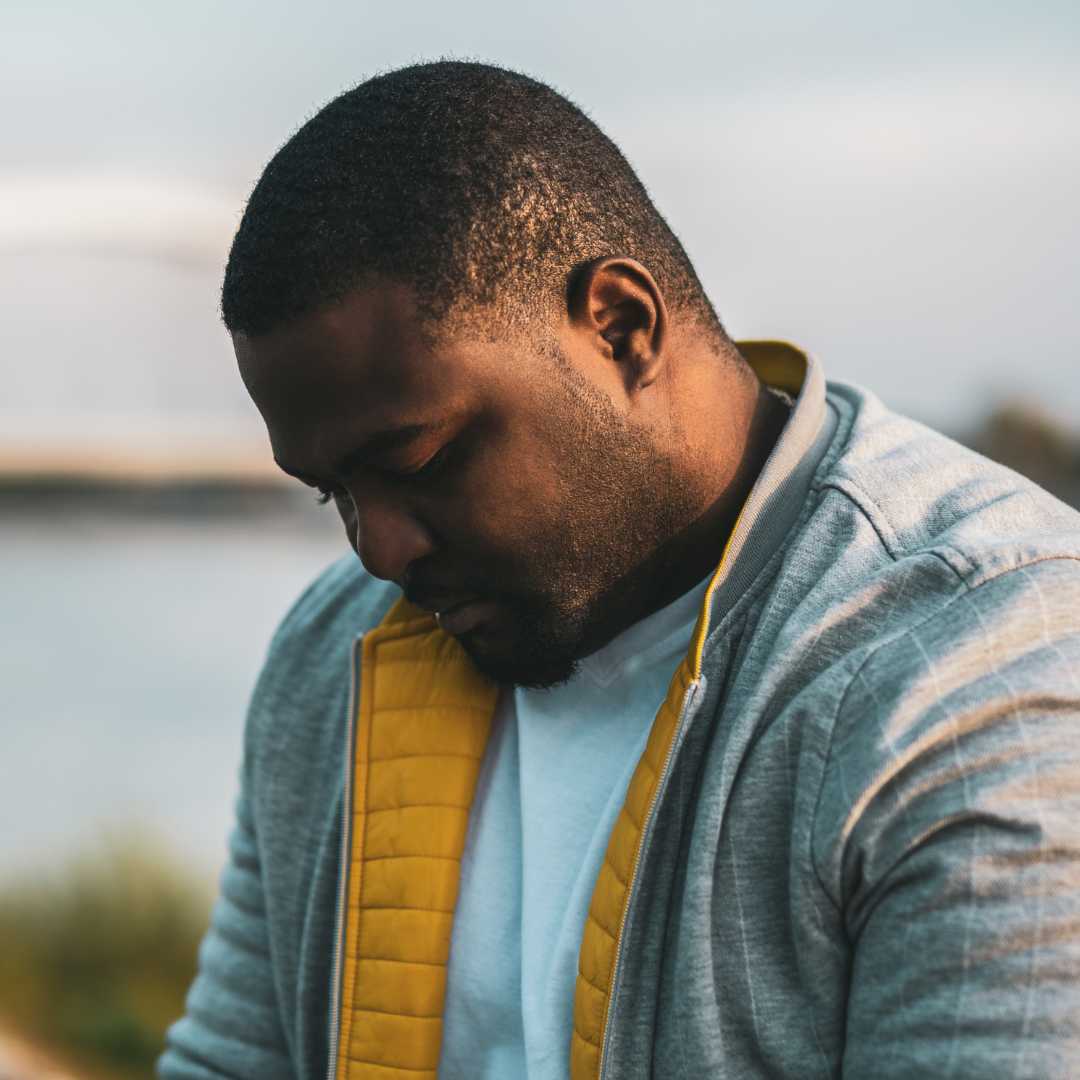

.png)


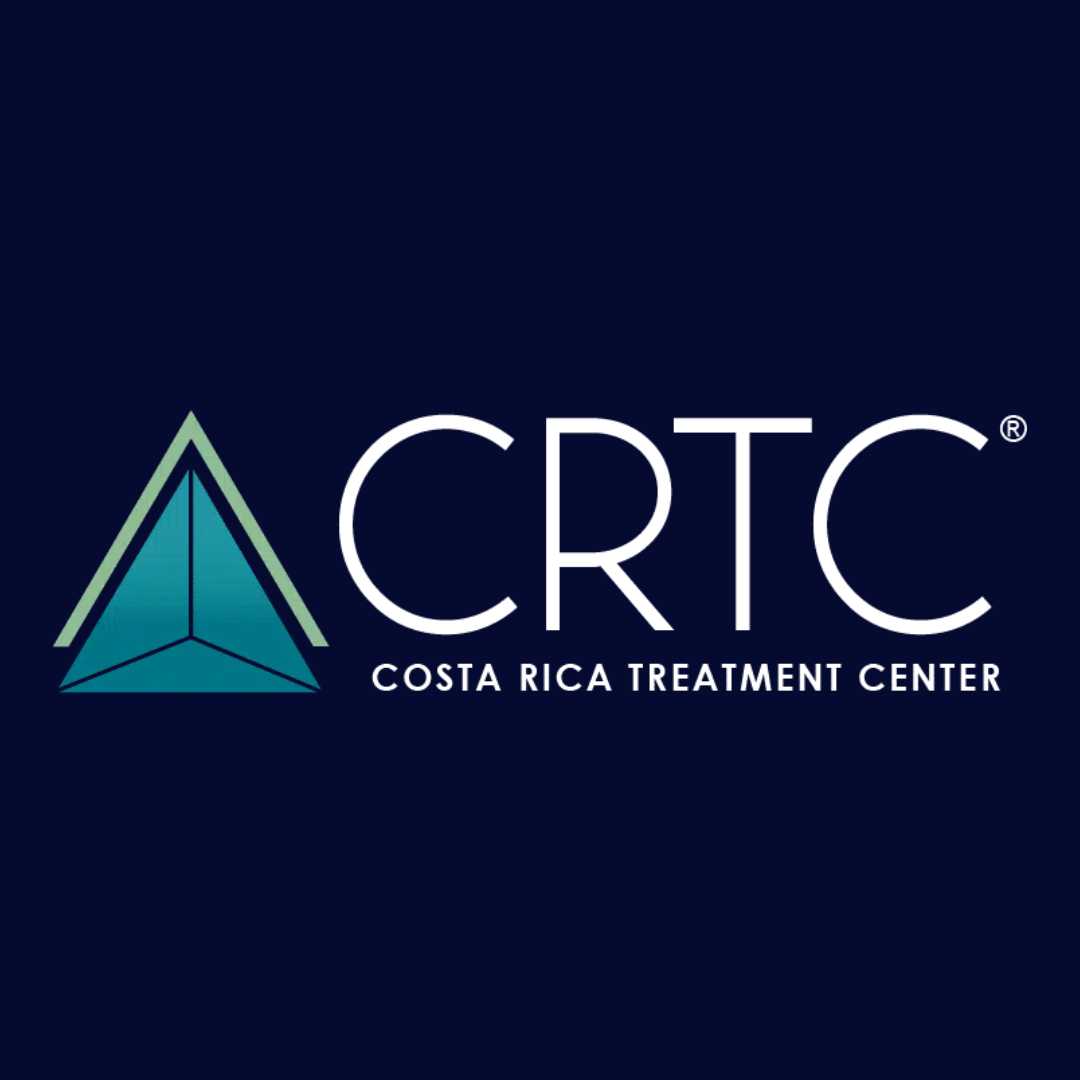
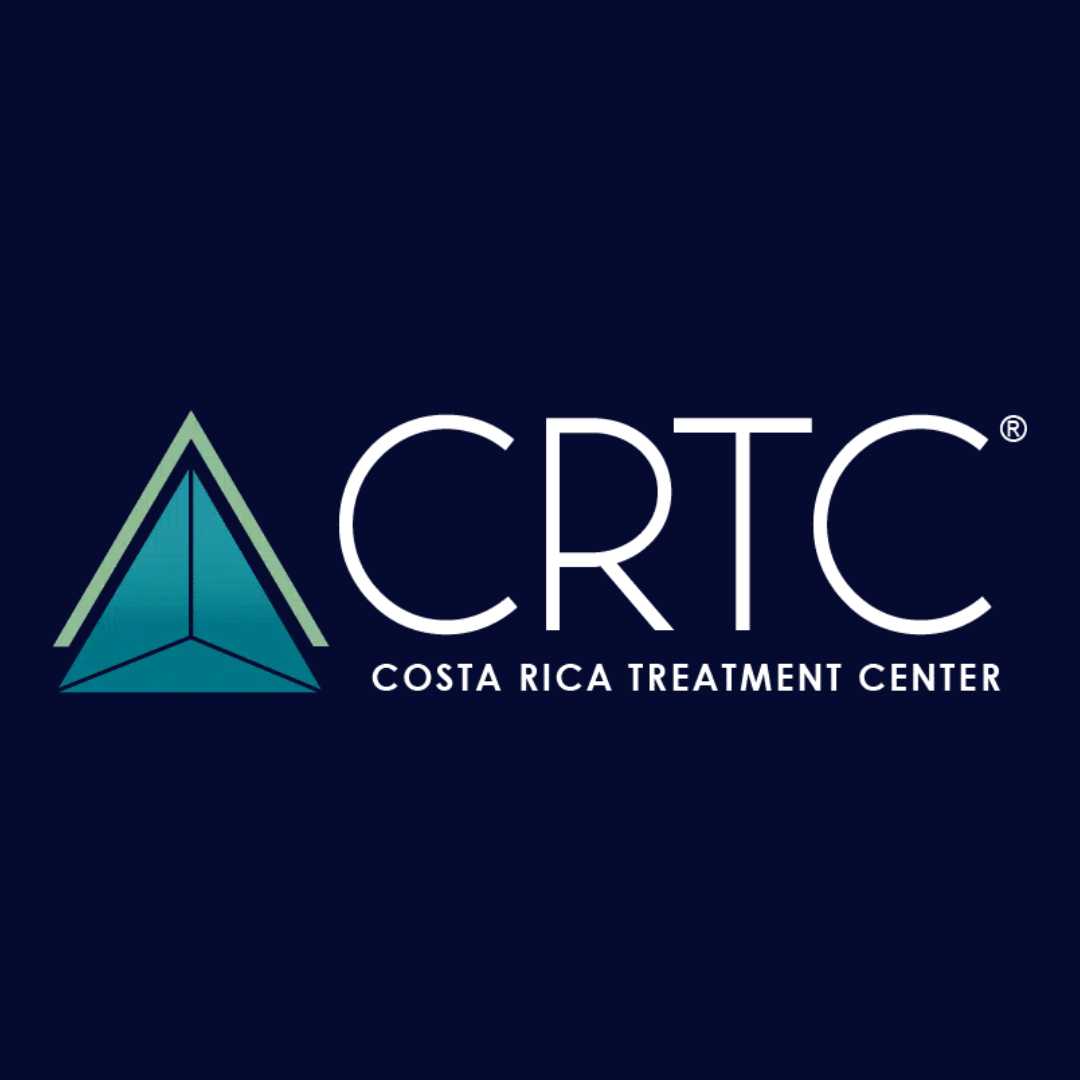
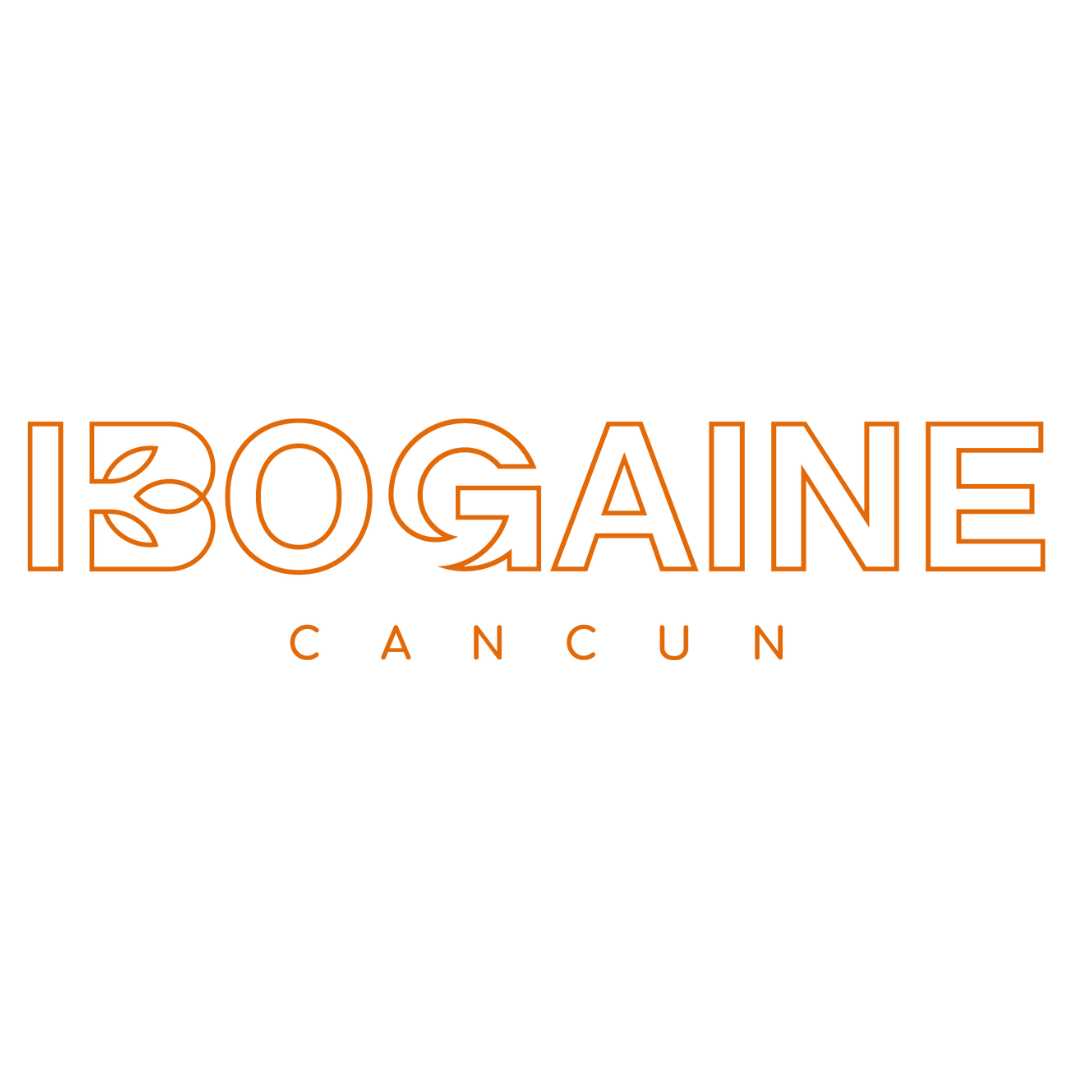
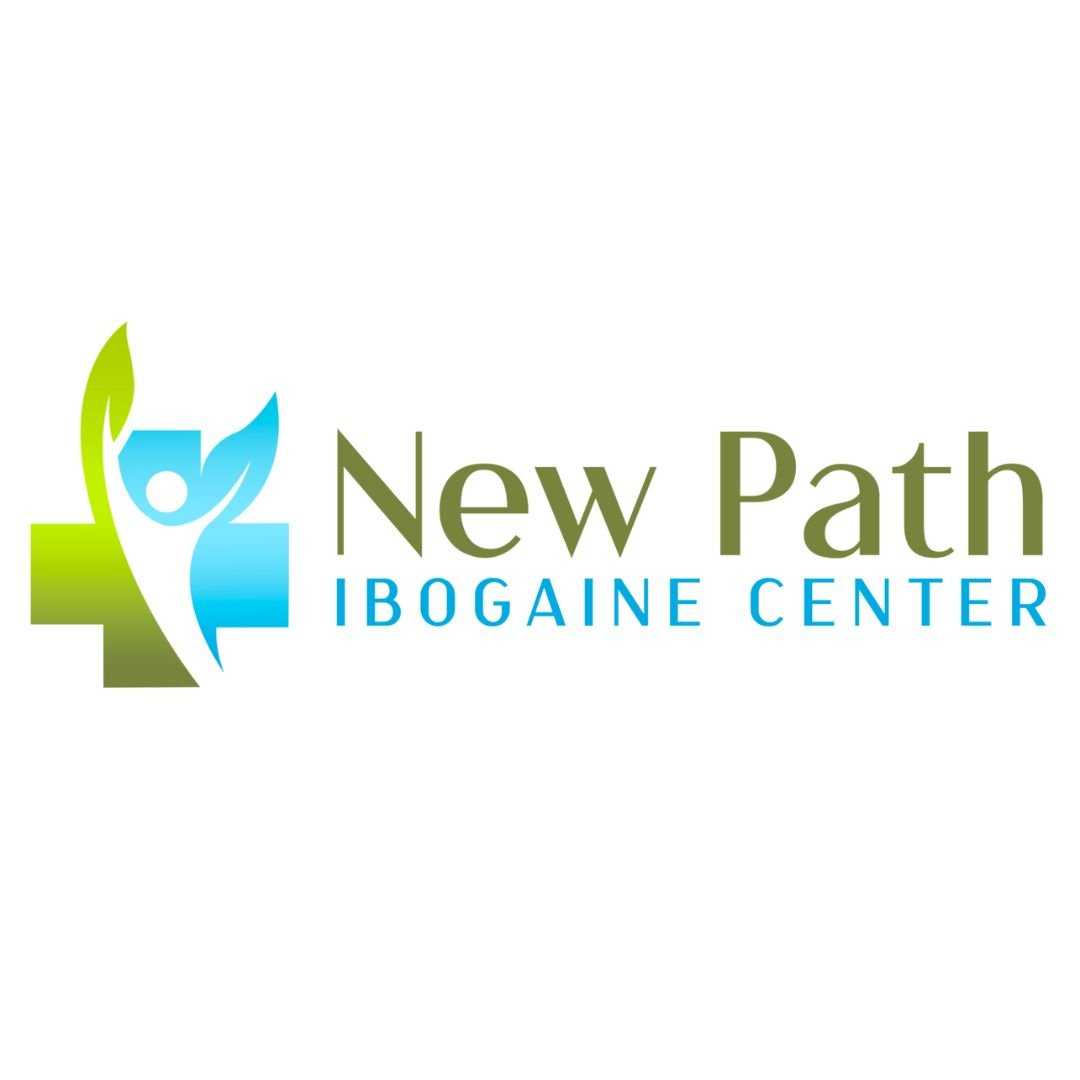

Share this listing